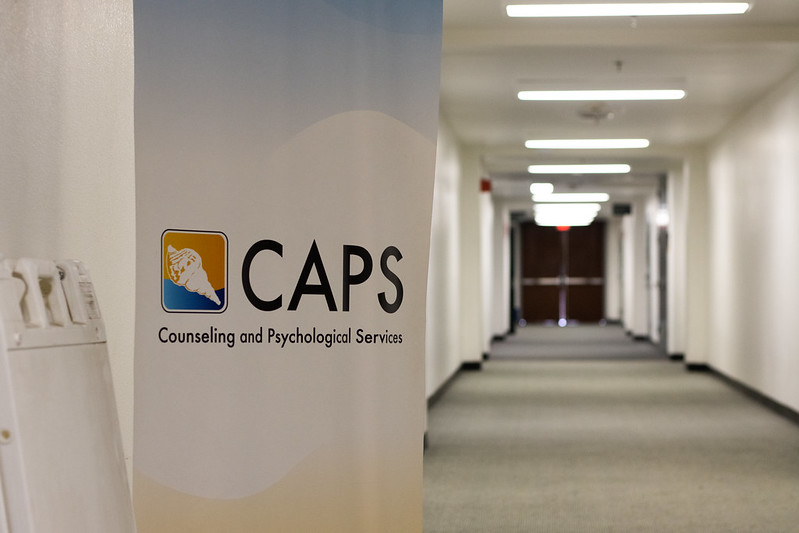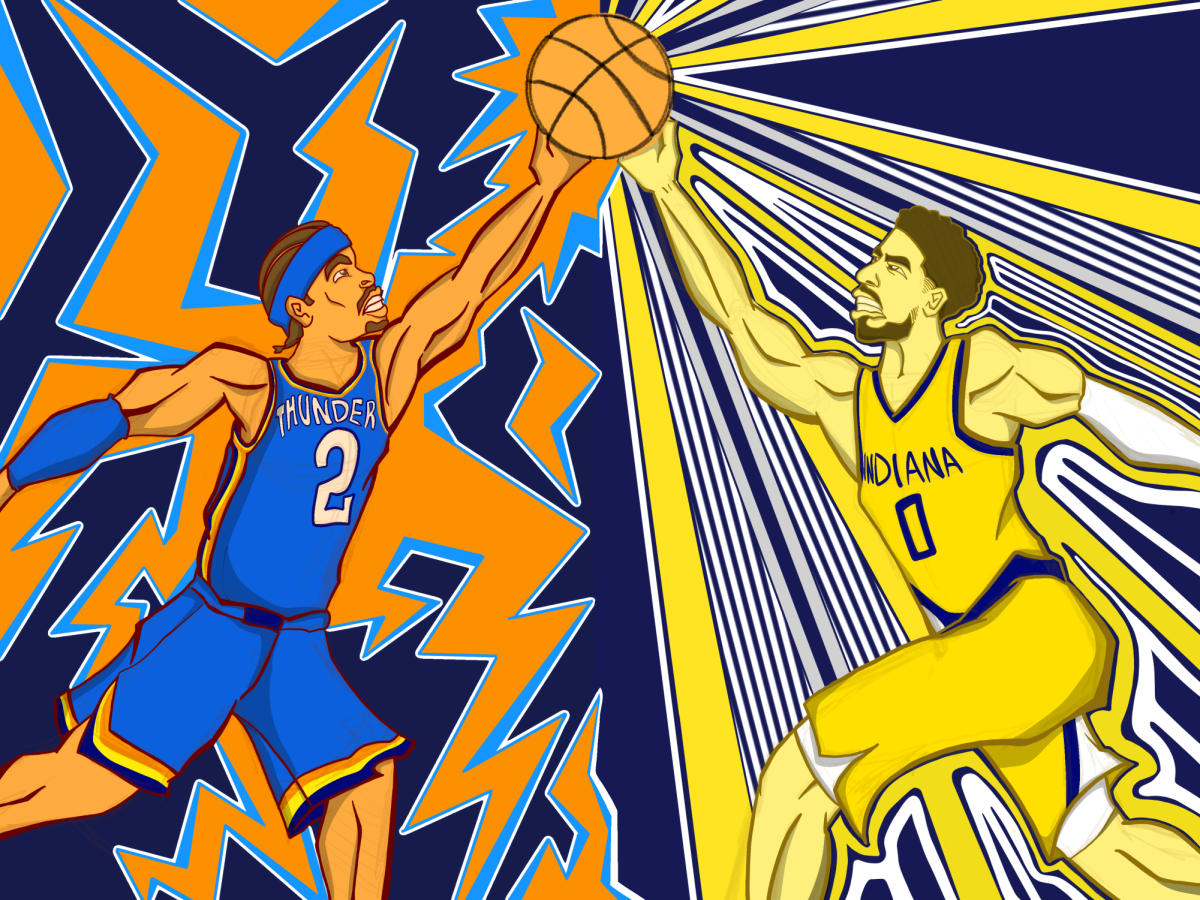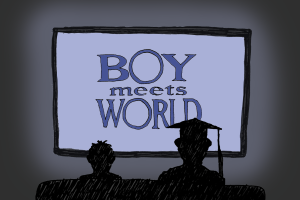Newly-launched Mobile Mental Health Program May Not Yet Help as Much as Intended
Photo by Kathleen Shiroma/ UCSD Guardian
Apr 23, 2023
A new Triton Compassionate Response team, known as Triton CORE, launched at UC San Diego this past Winter Quarter. This mobile team aims to provide mental health crisis responses and is open to UCSD community members, particularly those on campus.
In this early phase, Triton CORE mainly offers two types of service: Mental Health Wellness Checks for specific needs, such as anxiety and suicidal ideation, and Behavioral Health Mobile Crisis Response for grappling with distressing symptoms, such as fatigue and tearfulness, and other additional services.
Triton Core Team Manager Ashley Metoyer believes that the response team helps provide validation and safety for students.
As she put it, “most of the time folks just want to be seen and heard, validated and acknowledged, and know that in this moment with you, they are safe. That’s what we provide — a warm, safe landing space for students.”
Triton CORE is developed in partnership with student organizations including GPSA, A.S. Council, Student Affairs Case Management, and Student Affairs.
“The design of this program has been based on direct feedback from the student body,” the Triton CORE website states. “‘Nothing about us, without us.’”
Thurgood Marshall College fifth-year student Bo Miao affirms the advantages of the new program.
“Campus is making significant advancements in addressing the issue. Mental health in general is on the rise of students,” Miao said. “[Unlike] most universities which are being overwhelmed, I think the mobile mental health clinics [program] is doing a really good job, as well as [the school’s] increased focus on student-based wellness through recreation such as CAPS and yoga retreats.”
However, Miao also points out that the popularity of this new program is fairly limited, and not a lot of students know there is a mental health resource available to them.
He saw an email with an announcement about the program, but didn’t pay much attention to it. Miao implied that if he didn’t look it up on the internet or hear anything from his friends, he wouldn’t have had the chance to learn about the program.
Another concern among students is the operating hours. For now, the Triton CORE team is currently only available between 1 p.m. to 10 p.m. during this early pilot phase, from Monday to Friday. Nevertheless, outside operating hours, police officers will respond if the danger is imminent, and the caller will typically be informed about which team will be arriving.
Some students have voiced concerns about the operating hours. In their opinion, community members may have suicidal ideations after operating hours.
“It simply doesn’t make sense to not offer in those times for a mental health crisis team,” Jane Qin, a junior from Eleanor Roosevelt College, said. “Honestly, I don’t think the mental health team only open for afternoons would be that helpful to students in need of mental assistance. It’s unlikely that most people would think about suicide in the daytime rather than nighttime.”
According to research conducted by the University of Pennsylvania, suicide is far more likely to occur between midnight and 4 a.m. than during the daytime or evening. Results show that the mean suicide rate per hour was 10.27% after midnight, peaking at 16.27% between 2 a.m. and 2:59 a.m.. In contrast, the mean suicide rate per hour was 2.13% between 6 a.m. and 11:59 p.m..
Additionally, a Harvard University study conducted by Keith Hatown shows that up to half of suicidal survivors said their duration of suicidal deliberation is under 30 minutes. In other words, it is not likely that the students who think about suicide would be willing to wait for half a day and then reach out to the mental crisis team.
“There’s definitely something to improve on,” Qin added. “At least right now, I don’t see any big influence this new team would have on my or my friends’ life, but it’s a new program and I don’t think we should be that harsh, either.”
Campus community members can access these services either by phone call or walk-in appointments. Students can also seek emergency mental health services at Urgent Care at CAPS in Galbraith Hall between 8 a.m. – 4 p.m., from Monday to Friday. If students seek help outside of these hours, CAPS offers 24/7 urgent or crisis counseling via phone by calling 858-534-3755. Students should select option 2 outside business hours to speak with a counselor.
*Editor’s Note: This article was updated at 10:52pm to include updated information and corrections from Erika Johnson and the Triton CORE team.














